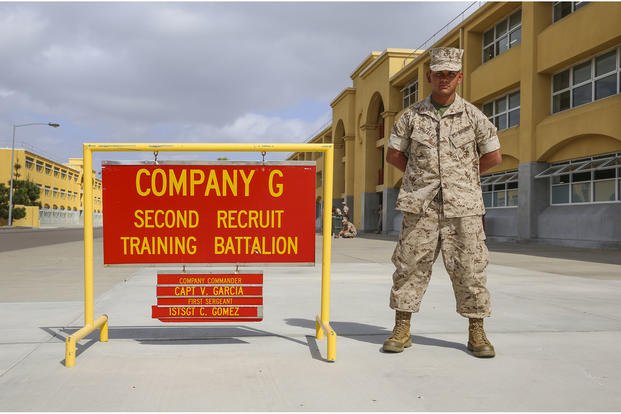If you are considering military service, first of all, THANK YOU! Thanks for considering serving our country. Second, are you really ready? Not just physically ready, but do you know everything you can know about your future profession?
Related article:
Ten Signs That Prove You Are Ready to Serve
Most people who visit the recruiter get their first education on the military opportunities from the recruiter with very little real research on their own. If you leave your education up to the recruiter, you could be placed into a job that the military needs filling more than your personal interest.
Obviously, the recruiter will fill in the missing pieces, but you have to do your research. You have no excuse; every military branch has its own website with forums to ask questions and get answers long before you visit the recruiter for the first time. See the official websites for the hundreds of job opportunities and skills training available in each of the service branches. Have a top three list of what you are interested in doing.
Army | Navy | Air Force| Marines | Coast Guard
Here are some general rules and information you should have a fair understanding of before you step foot into a recruiter's office.
First, know what you want to do. Do not let your first meeting with the recruiter be the first time you hear about particular jobs that are interesting to you. You should know whether you want to go officer or enlisted ... plus much more. In the military, these jobs are known as Army and Marine Corps MOS (military occupational specialties), Navy and Coast Guard ratings, and Air Force AFSCs (Air Force specialty codes).
What Do You Qualify For?
Most jobs require a certain score on the ASVAB. Make sure you know what you need and study for the test (learn how to take it) by taking a few practice tests on your own.
If you have a college degree, do you want to enlist or become an officer?
In the Army warrant officer program, you can fly helicopters as a warrant officer without a college degree. Know the different opportunities with officer and enlisted jobs.
Do you qualify for a signing bonus? Or graduation bonus? It will depend on the job you select and qualify for typically.
Will the military pay off school loans if you extend your enlistment to six years? Is that an option for the college repayment programs?
What does the GI Bill offer? How can you apply for it?
Where Will You Likely Live?
- Where is basic training, and how long is basic training/boot camp?
Where is the advanced training (AIT/A School) located? - How long is the specific AIT/A School training you want?
- Can I get a guarantee in the contract to get the job I want? (if I meet all the standards?)
- Can I join the military with a family?
- Will you live in the barracks during training?
Can you bring your family to your advanced training duty station? - Where do most typically for your job get stationed for their first duty station?
- Can you bring your family as a young enlisted member to your first duty station?
Take a look at the military bases in the United States and the world as places you could be living, depending upon your job and branch of service. Which appeals to you the most? I preferred beach towns, so the Navy and Marine Corps seemed like a better fit for where I wanted to live while serving in the military. Most Navy and Marine Corps bases are on or very near the ocean.
You should find the answers to these questions, then ask the recruiter. Sometimes policy changes, and the recruiters are on top of it or sometimes not. Regardless, you going into the recruiter's office with knowledge of what you want to do actually makes the recruiter's job easier.
Make sure you thoroughly read the contract. In fact, take it home with you and have family and friends who have served look it over with you.
Do not sign anything on your first visit, even if the recruiter gives you the hard sell. Get a good understanding and let the recruiter know what you want to do -- not accept what the military wants you to do if not interesting to you.
Do not be one of the few people who serve in the military who did not have a pleasant experience doing a job you generally were not interested in doing. This is your opportunity to serve but also take advantage of the opportunities the military offers. But you have to know these things by doing your research first.
Take the initiative and learn as much about your future profession as possible, especially if your job requires significant travel, education and living abroad -- which is highly likely in the military (depending on the branch of service). You should be fully prepared for as many career opportunities and situations as you possibly can. Once you get a handle on the above information, you will find that you no longer have that feeling of "not knowing what you do not know."
Interested in Joining the Military?
We can put you in touch with recruiters from the different military branches. Learn about the benefits of serving your country, paying for school, military career paths, and more: sign up now and hear from a recruiter near you.
















